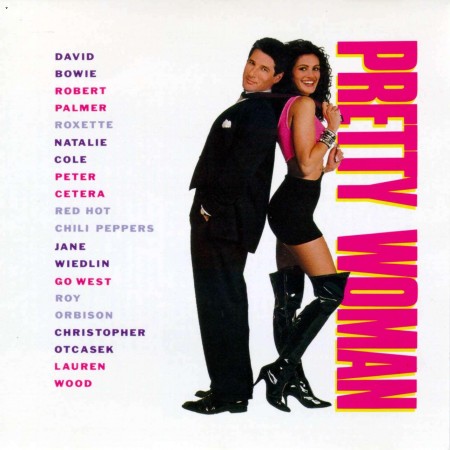 A version is the way that each person will have about the same observed fact.
A version is the way that each person will have about the same observed fact.
Just as not all individuals are the same, nor do we think the same, it is that for example of a single fact there may be hundreds of versions, as so many people have appreciated.
Each person who observes it will appreciate it based on their experience, their way of thinking, among other issues, and then they will create their own version of that fact or topic, which may or may not coincide with that of another, but it is worth indicating that it will be their own version regardless of whether there is agreement or not.
Thus, for example, when observing an accident, a witness may give a version that indicates the driver of the vehicle as guilty and, on the other hand, another witness blame the pedestrian.
In these cases in which the versions of the same event are opposed, it will be necessary to carry out expert tests and also obtain more statements from witnesses to be able to elucidate which version is the one that is closest to the truth.
And we can transfer this situation to all levels, areas and events, since it is very common for each one to have their own version of an event and that will be diametrically opposed to that of another.
In the field of journalism, it is very common that in the face of an event or situation that transcends but whose protagonists, for example, have not come out to confirm or deny it, several versions are raised and then what journalism does is to publicize all those versions that circulate so that people based on their knowledge and experience take the one that best closes them.
Now, in this sense, many times the versions that are made public by the media are inaccurate and then it is very difficult for the protagonists to erase them from the popular imagination. The most honest thing is that the media make known when it comes to information checked with the sources and when there are versions that need to be confirmed with the interested parties.
In art, especially in music, cinema, literature, it turns out to be a frequent practice that some musicians, authors, directors make a new interpretation of, for example, a song or a performance already recorded or performed by another artist, generally of great renown.









